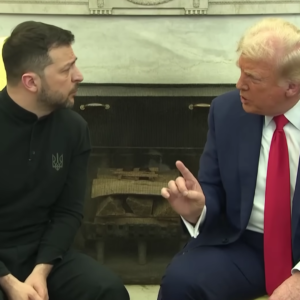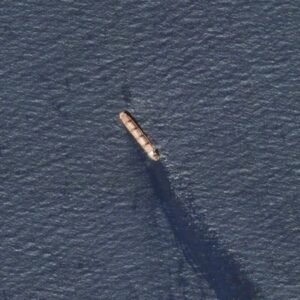Maintaining his stance against external interference, President Mohamed Muizzu of the Maldives asserted in parliament today that the country will not tolerate any actions undermining its sovereignty. Reports from local media indicate that an agreement between New Delhi and Male dictates the withdrawal of Indian troops from the Maldives by May 10.
President Muizzu specified that Indian troops stationed on one of the three aviation platforms in the island nation will complete their departure by March 10, with the remaining two platforms seeing a complete withdrawal by May 10. Emphasizing the nation’s autonomy, Muizzu declared, “Maldives will not renew the agreement with India to chart the country’s inner and underwater charts. We will not allow any country to interfere with or undermine our sovereignty.”
The two major opposition parties, MDP and Democrats, opted to boycott President Muizzu’s address, with a combined total of 56 MPs (43+13) out of the 87-seat Parliament. Amidst this, reports suggest it is the largest parliamentary boycott in Maldivian history. The opposition parties are also actively working on a proposal to impeach President Muizzu.
India currently maintains 87 troops in the Maldives, primarily tasked with providing humanitarian aid and medical evacuation. The issue of Indian influence and the presence of troops has been a focal point of contention since President Muizzu assumed office. Earlier, Reuters had reported an agreement on troop withdrawal reached during a meeting in New Delhi.
In response, the External Affairs Ministry stated that the two nations “agreed on a set of mutually workable solutions to enable the continued operation of Indian aviation platforms” offering humanitarian services to the Maldives. The soldiers, as per Reuters, are expected to be replaced by civilian personnel.
Also Read: US and UK Strikes Elicit Houthi Vow of Response in Yemen
President Muizzu’s anti-India stance has sparked domestic criticism, particularly in light of the new government’s pivot towards China. Muizzu’s visit to China and meeting with President Xi Jinping marked a notable departure from the Maldives’ traditionally close ties with India, creating significant shifts in the geopolitical dynamics of the Indian Ocean region.
In response to this foreign policy realignment, opposition parties MDP and The Democrats issued a joint statement expressing concern, deeming the shift as “extremely detrimental.” The statement emphasized that distancing from a longstanding ally and development partner could negatively impact the country’s long-term development. It also underscored the importance of stability and security in the Indian Ocean for the well-being of the Maldives.
Adding to the chorus of concerns, the Jumhoori Party, led by Gasuim Ibrahim, urged President Muizzu to extend a formal apology to India, including Prime Minister Narendra Modi. Ibrahim stressed the need for “diplomatic reconciliation” to mend ties strained by President Muizzu’s comments upon returning from China. In those remarks, Muizzu had asserted, “We may be small, but this doesn’t give them the license to bully us,” without explicitly naming any country, yet widely interpreted as a reference to India.
Responding to questions about the strained relations, External Affairs Minister Dr. S Jaishankar acknowledged the interdependence of neighbors, stating, “History and geography are very powerful forces. There is no escape from that.” Implicit in his statement is the recognition that neighboring countries inevitably share interconnected histories and geographical proximity, necessitating cooperative relationships for mutual benefit.
latest Updates: INS Karanj’s deployment: India’s strategic response to Chinese naval presence.













